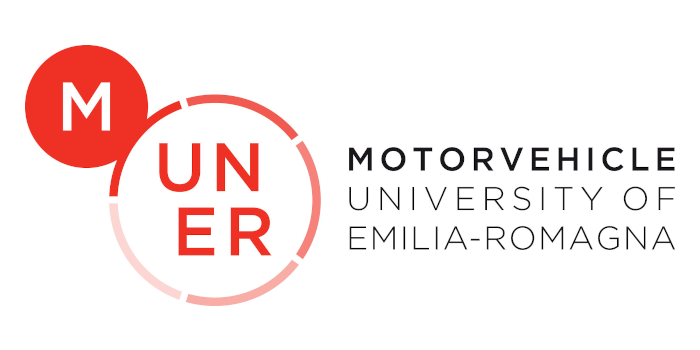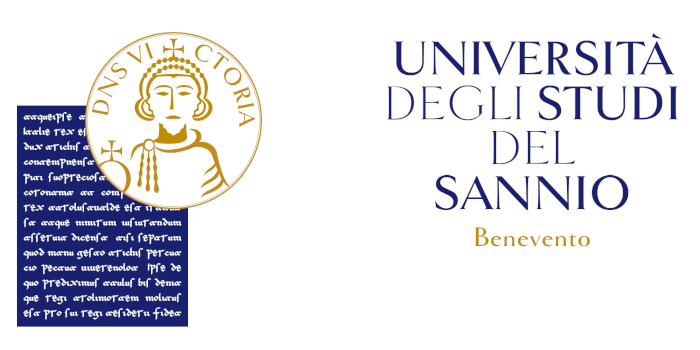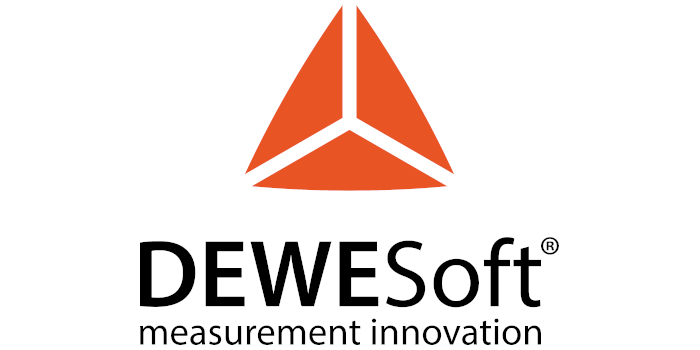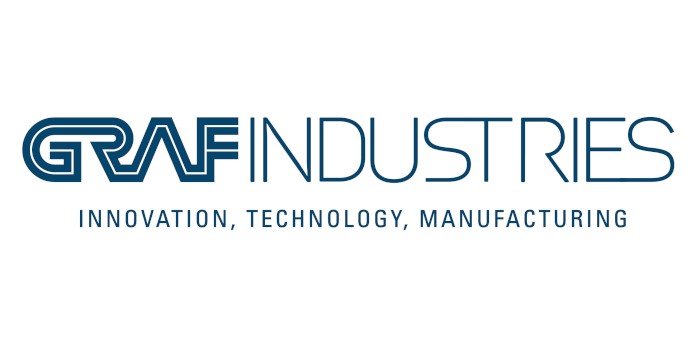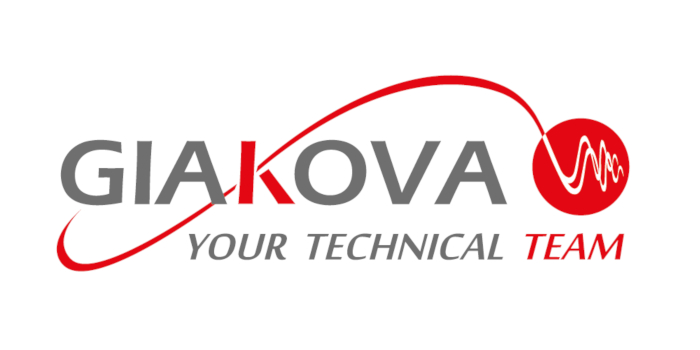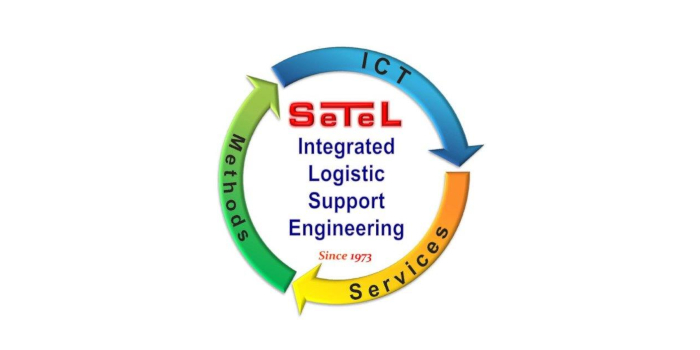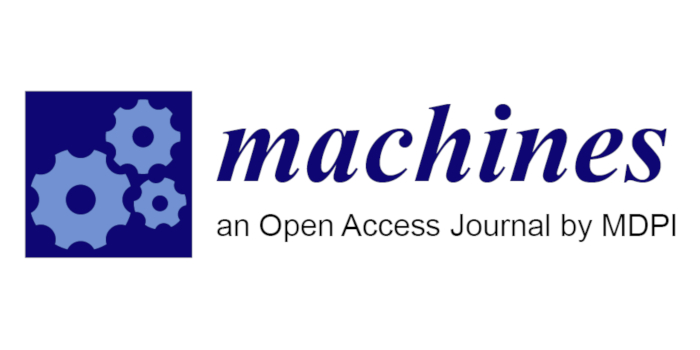Instrumentation and Measurements for Automotive Hardware Security
ORGANIZED BY
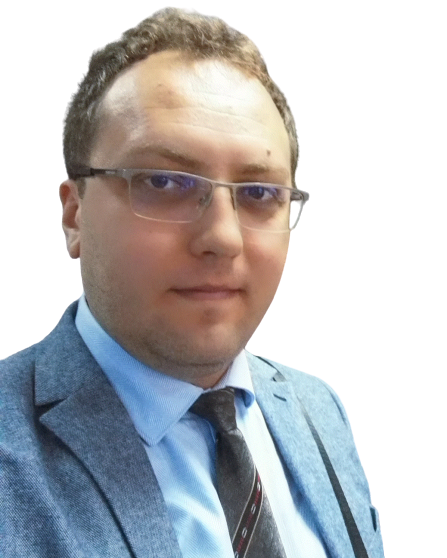
Ioan Tudosa
University of Sannio, Italy
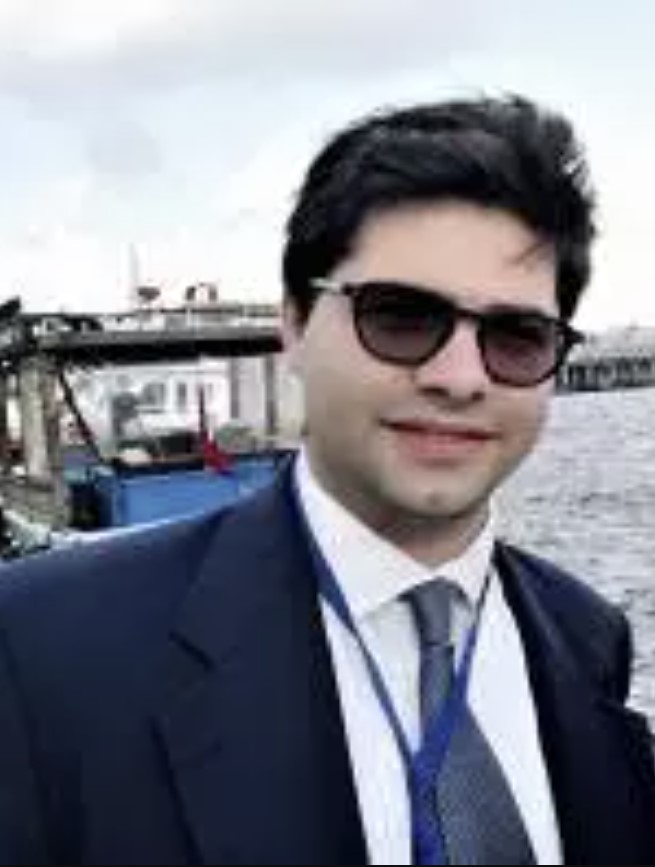
Francesco Picariello
University of Sannio, Italy
ABSTRACT
The progressively interconnected nature of a vehicle’s control modules, sensors and actuators, wiring harnesses, etc., created the modern concept of safety strongly related to security. In automotive field, the hardware security features must include protection and integrity of confidential information, but also should guarantee high security level of critical safety systems. Therefore, R&D designers must foresee and anticipate all forms of hardware attacks that could be done by a malicious intervention. An important role is given by the utilization and development of modern measurement methods and instruments dedicated to test the security aspects of hardware. Not least, the automotive industry at large must develop and adopt novel measurement methods and test instrumentation that could bring up harmonized guidelines and standards for interoperability.
This Special Session at the IEEE International Workshop on Metrology for Automotive (IEEE MetroAutomotive 2022) aims at discussing how to address Hardware Security issues via the use of modern measurement methods and instrumentation available on vehicles, test laboratories, manufacturing chain etc. Therefore, in this Special Session, original papers are invited to be submitted pointing out measurement methods and instrumentation dealing with hardware security issues concerning the automotive industry.
TOPICS
Topics of interest for this Special Session include, but are not limited to:
- Side-channel attacks, measurement methods, instrumentation and countermeasures
- Fault attacks in automotive electronic systems
- Wiring harnesses (e.g. Ethernet, optical fiber)
- Sensors and transducers
- Data integrity and security
- Fault diagnosis
- Hardware tampering (attack detection methods, destructive and non-destructive)
- Hardware reverse engineering
- Computing platforms
- Data Acquisition Systems with tight requirements (e.g. devices and systems)
- Novel measurement techniques and DAQ modelling
- Cryptographic processors and co-processors (e.g. low-cost microcontrollers)
- Physical unclonable functions
- Cyber security in automotive field
ABOUT THE ORGANIZERS
Ioan Tudosa is currently a Senior Researcher and Assistant Professor in Electrical and Electronic Measurement and Instrumentation with the Department of Engineering, University of Sannio, Benevento (BN), Italy.
He received the B.Eng. degree in 2008, the M.Eng. degree in 2009, and the Ph.D. degree in 2011, all in Electrical Engineering, from the „Gheorghe Asachi” Technical University of Iasi (TUIASI), Faculty of Electrical Engineering, Energetics and Applied Informatics, Romania.
In 2020, he received the National Academic Qualification as Associate Professor.
He is an IEEE Senior member, since 2017 (IEEE member since 2010). He has authored and co-authored more than 100 scientific papers (from which 72 are Scopus indexed, h-index = 13), published on international journals and conference proceedings. He is a reviewer of international journals and conferences. He serves as Guest Editor to the MDPI Metrology, MDPI Sensors, ACTA IMEKO, and he is member of Editorial board of SAGE IJDSN.
In 2019, he received the Award "Best Research Contribution to the Instrumentation and Measurement field" from the IEEE Instrumentation and Measurement Society - Romania Chapter.
His current research interests include developing of: (i) new circuit architectures for low-power data acquisition systems (DAQ), (ii) hardware design for front-end/back-end DAQ, (iii) RF circuits and systems design and characterization, (iv) jitter measurement and its standardization, (v) design of embedded systems for distributed measurement systems including wireless sensor networks (WSNs), (vi) digital signal processors (DSPs) systems, and (viii) hardware security for Internet-of-Things (IoT) systems.
Francesco Picariello is currently working toward the Department of Engineering of the University of Sannio, Benevento (BN), Italy, as an Assistant Professor in Electrical and Electronic Measurement. He received the Ph.D. degree in Information Engineering from the University of Sannio in 2016 and the National Academic Qualification as Associate Professor in June 2020.
He authored and co-authored 74 scientific papers published on international journals and conference proceedings. He is member of the IMEKO TC6-digitalization and of the Early Career Advisory Board of the Measurement journal (i.e. Journal of the International Measurement Confederation, Elsevier). He serves as Guest Editor to MDPI Sensors and Measurement journals.
He received the IEEE Instrumentation and Measurement Society Graduate Fellowship Award 2015. He is member of: (i) the Electrical and Electronic Measurements Group, GMEE, from 2014, (ii) the Institute of Electrical and Electronics Engineers (IEEE), from 2015, (iii) the IEEE Instrumentation and Measurement Society, from 2016, and (iv) the Armed Forces Communications & Electronics Association (AFCEA), from 2016.
His research interests include: (i) the development and metrological characterization of mobile measurement systems; (ii) the development of distributed measurement systems based on wireless sensor networks (WSNs), (iii) the development and metrological characterization of wideband data acquisition systems based on compressive sampling, (iv) the implementation of Internet-of-Things (IoT)-based embedded systems, and (v) the design and implementation of data acquisition systems for biomedical applications.



